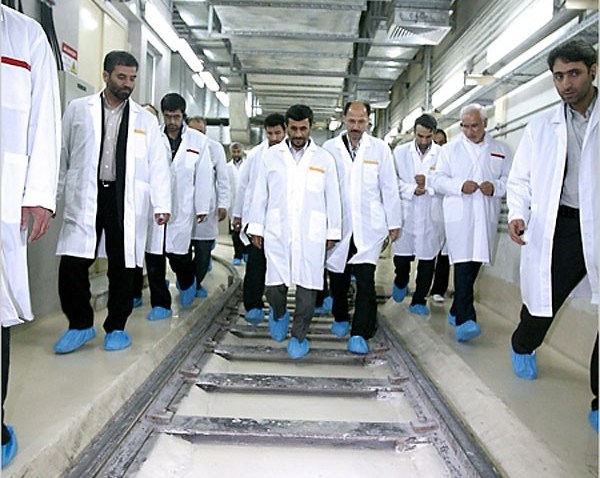In the most direct admission by a high-ranking Iranian government official that international sanctions are imposing a heavy burden on the economy, Iranian Minister of Industry Mehdi Ghazanfari called the latest round of sanctions “crippling” at a gathering of provincial governors on Jan. 10. His remarks were a clear break from his previous statements, in which he downplayed the impact of sanctions.
Ghazanfari said the latest round of sanctions have been far more costly than previous ones, pointing in particular to three new sets of sanctions imposed in 2012: financial sanctions, especially those targeting Iran’s central bank; oil export restrictions; and measures targeting sea-transport insurance. In combination, he noted, the new sanctions have severely disrupted Iran’s oil sales, which declined by 40 percent in 2012. He also acknowledged that the measures have made it very difficult for Iranian industry to import raw materials and machinery, causing a slowdown in industrial activity that has been closely watched by domestic media. The auto industry, in particular, has been hit hard. And while sanctions have not directly targeted medical supplies, imports of medicine have been disrupted indirectly, causing a serious drug shortage.
Ghazanfari’s acknowledgment of the impact of sanctions follows similar but indirect statements by President Mahmoud Ahmadinejad in October and November. Faced with severe criticism from his conservative critics in parliament for the sharp depreciation of the Iranian rial, Ahmadinejad defended his economic policies by blaming the sanctions for the currency crisis. His remarks were considered a deviation from the official position of Supreme Leader Ayatollah Ali Khamenei, who has always claimed that sanctions have been ineffective. Ahmadinejad enjoyed the full support of both the supreme leader and the Revolutionary Guards for much of his presidency, but has experienced tensions with both since 2010.

